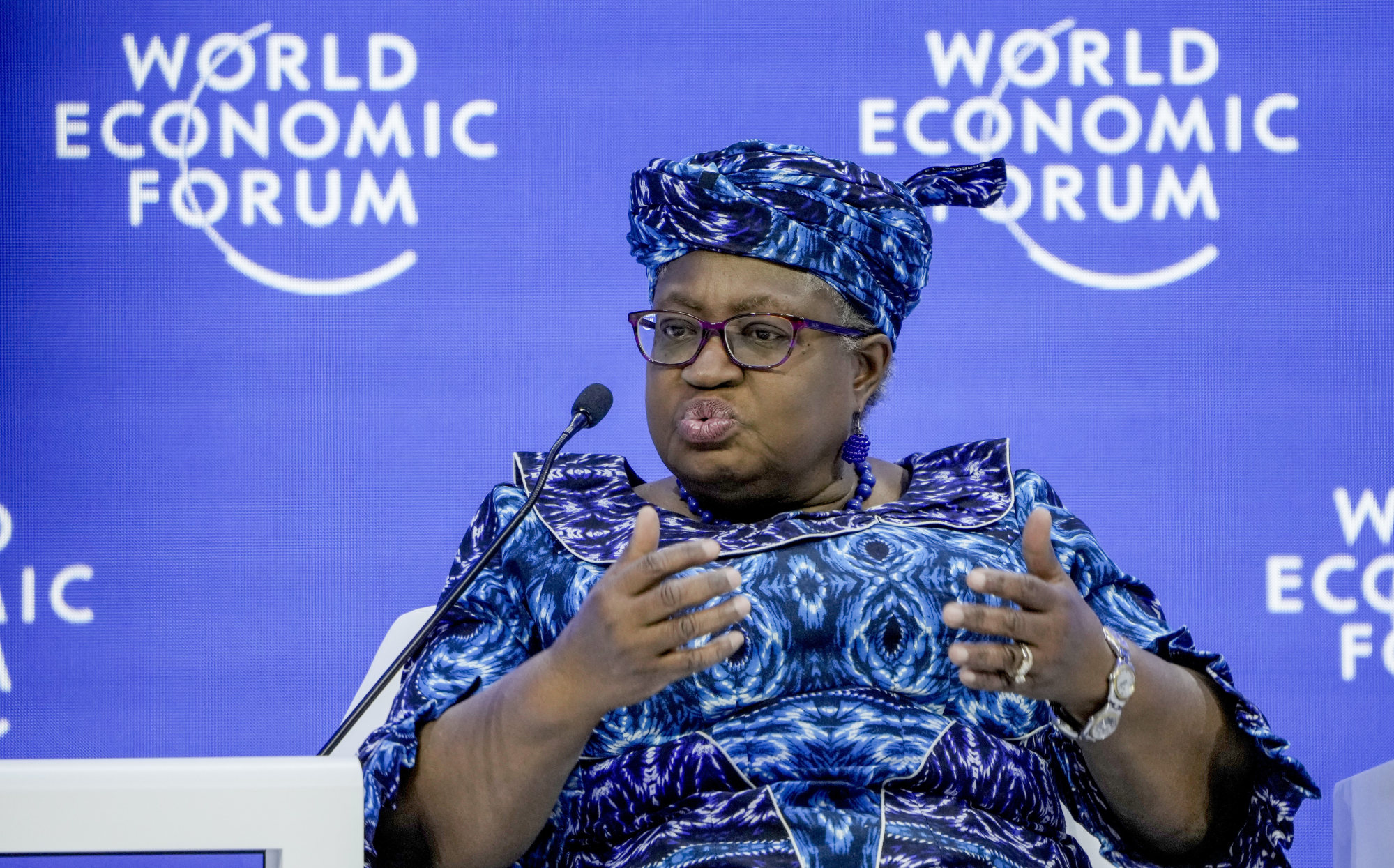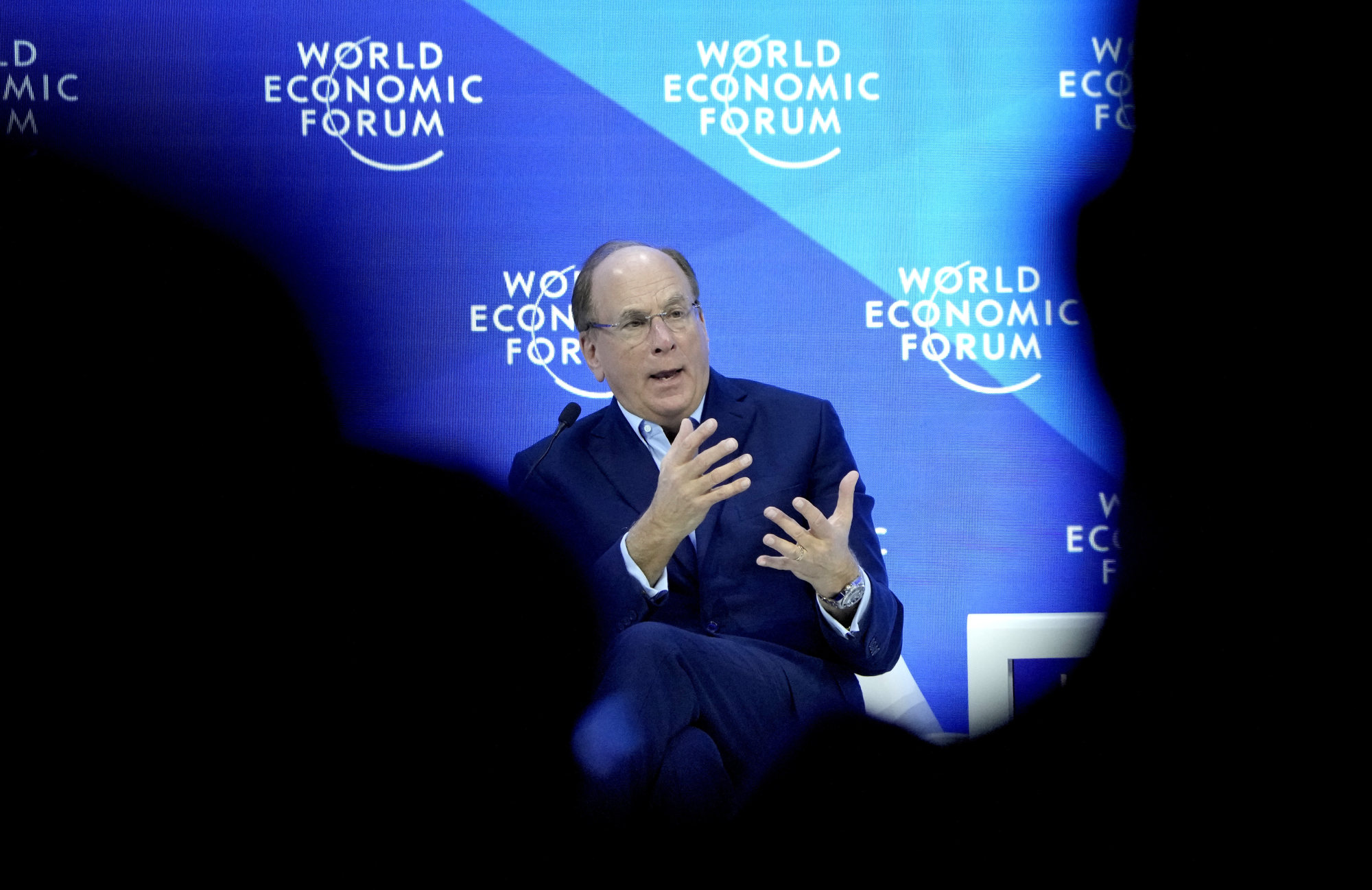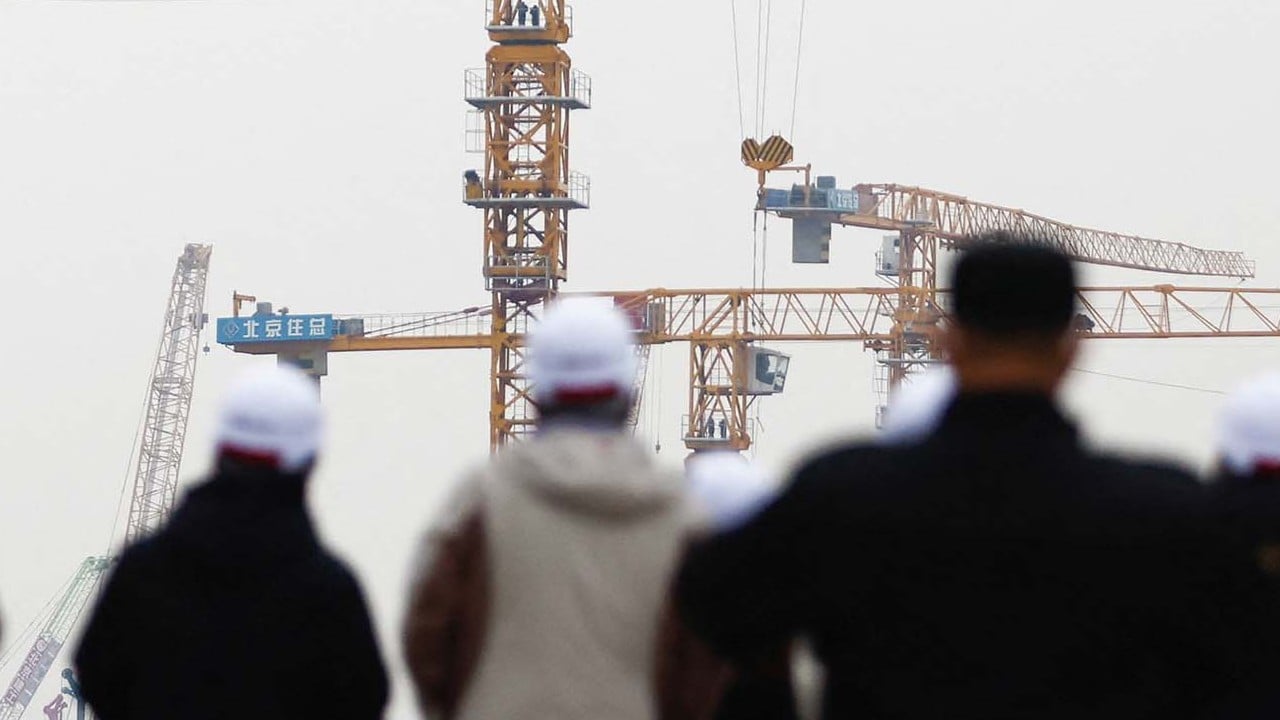
More, better trade needed in ‘reglobalised’ world, Davos panellists say
- The global economy has been plagued by slowing growth and lingering effects of Covid-19, panellists said at the World Economic Forum in Davos, Switzerland
- Director general of the World Trade Organization calls for ‘reglobalisation’, mixing diversification in supply chains
More frequent and better trade is needed to jump-start a global economy that has been plagued by slowing growth and the lingering effects of the Covid-19 pandemic over the past three years, according to panellists at the World Economic Forum’s annual meeting in Davos, Switzerland.
Diversifying supply chains and enhancing domestic resilience could also be the answer for nations as they try to find a balance between the need to cooperate and their own self-interests, panellists said as world and business leaders gathered over five days for events in the ski resort town in the Swiss Alps.
“The answer is more trade, it’s more investment, but also better. And that’s the key component,” Belgian Prime Minister Alexander De Croo said during a panel discussion on relaunching global trade on Tuesday. “It’s better trade and better investments and schemes.”
Speaking on the same panel, World Trade Organization (WTO) Director General Ngozi Okonjo-Iweala said that trade could make a substantial contribution to global growth and called for a new form of globalisation, which the intergovernmental organisation has dubbed “reglobalisation”.
“Take advantage of the opportunities that we see now and the vulnerability of supply chains to when you’re building resilience, use this to bring in those who were at the margins of the global value chains, those countries and those peoples decentralise and diversify your supply chains to these areas,” she said.
“This is another way you can grow these economies and grow trade and grow the world.”
The call for a revival in global trade comes as the flow of goods, services and people around the world has been dampened amid a period of prolonged geopolitical tensions and a years-long coronavirus pandemic, which has contributed to headwinds for global economic growth.
The International Monetary Fund forecast last fall that global growth would further slow to 2.7 per cent this year, following a projected slowdown to 3.2 per cent in 2022 from 6 per cent in 2021.
The outlook for trade is increasingly gloomy this year, constrained by continuing geopolitical tensions, rising interest rates and higher inflation amid surging energy prices exacerbated by Russia’s invasion of Ukraine, according to a report by the United Nations Conference on Trade and Development in December.

The prospects for trade growth beyond 2023 remain “relatively weak”, given the economic factors and a likely return to a subdued long-term growth trend before the pandemic, it found.
Speakers on the panel also highlighted the need for additional cooperation and better dialogue among nations, either through bilateral discussions or with help from multilateral organisations, such as the WTO.
The private sector could also play a vital role in boosting global trade and growth as countries roll back fiscal stimulus policies introduced during the pandemic, said Laurence D. Fink, chairman and chief executive of BlackRock, the world’s largest asset manager.
Governments should work closer with private companies to stimulate private capital back to investment, he stressed, noting that BlackRock saw its capital flows reach its second-highest level last year.
Global trade has been threatened in recent years, in part by a trade war that began in 2018 between the United States and China, the world’s two largest economies.
In recent months, Washington has intensified a tech war with Beijing, with the US restricting exports of key technological products, such as advanced semiconductors, to China.

After the disruptions of supply chains during the pandemic and continuing geopolitical tensions, some panellists said that the resilience of their home economies and key domestic sectors are increasingly important.
“We need some resilience capacities in critical sectors,” said Robert Habeck, Germany’s vice-chancellor and federal minister of economic affairs and climate action.
“It would be stupid to reply in this complicated political world … we need some knowledge and some capacities in all critical areas”, such as digitalisation, raw materials and semiconductors.


